Photo credit: https://www.flickr.com/photos/doctorow/2496308570
The Senate passed the CARE bill (as of Thursday afternoon 3/26) and the House is expected to pass it tomorrow.
Here is a brief summary of parts of the Senate bill that relate to small business and unemployment. And some other parts I think are most interesting.
There are many sources out there on this bill, check those too.
I hope we can use this funding immediately to help our small businesses find relief and pivot to answer immediate needs in our communities.
Coming out of this federal legislation, there are a few things to think about:
How do we get this funding out to our communities quickly?
How do we make sure there is equitable access to the support?
What do we do for all the small businesses that can’t support a loan?
Note: Some of the language below is pulled straight from the sources in the link, others are edited for length. Senate summary documents – links at the bottom.
Small Business Loans
Loan forgiveness possible for up to 8 weeks of expenditures at the start of the loan
$240 million for small business development centers and women’s business centers for technical assistance to small businesses
$25 million for resource partner associations to provide online information and training,
$10 million for minority business centers for technical assistance for businesses,
$10 billion for emergency EIDL grants (the new SBA disaster loans) and expand eligibility to include NGOs, Tribal businesses, cooperatives, sole proprietors, and independent contractors with no personal guarantee required for a loan below $200,000,
17 billion for loan subsidies,
Directs $25 million for the SBA to offer resources and services in the 10 most commonly spoken languages, other than English.
Unemployment Insurance
Temporary program will provide payment to those not usually eligible for unemployment benefits, including those self-employed, independent contractors, and those with limited work history, and others who are unable to work as a direct result of the crisis,
Additional $600 per week payment to each recipient of unemployment insurance or Pandemic Unemployment Assistance for up to four months,
Additional 13 weeks of unemployment benefits for those who remain unemployed after weeks of state unemployment benefits are no longer available, including people with reduced hours,
$1,200 ($2,400 married) rebate for households earning under $75,000 (or $!50,000 married), eligible for an additional $500 per child.
Businesses and employment
Refundable payroll tax credit for 50 percent of wages paid by employers to employees during the COVID-19 crisis. The credit is available to employers whose (1) operations were fully or partially suspended, due to a COVID-19-related shut-down order, or (2) gross receipts declined by more than 50 percent when compared to the same quarter in the prior year.
Temporarily reduce the Community Bank Leverage Ratio (CBLR) for qualifying community banks from 9 percent to 8 percent, and provide for a reasonable grace period if a community bank’s CBLR falls below the prescribed level. The interim rule expires at the earlier of December 31, 2020, or the date on which the national emergency declaration related to coronavirus is terminated.
Prohibits foreclosures on all federally-backed mortgage loans for a 60-day period beginning on March 18, 2020. Provides up to 180 days of forbearance for borrowers of a federally-backed mortgage loan who have experienced a financial hardship related to the COVID-19 emergency. Applicable mortgages included those purchased by Fannie Mae and Freddie Mac, insured by HUD, VA, or USDA, or directly made by USDA.
For 120 days beginning on the date of enactment, landlords are prohibited from initiating legal action to recover possession of a rental unit or to charge fees, penalties, or other charges to the tenant related to such nonpayment of rent where the landlord’s mortgage on that property is insured, guaranteed, supplemented, protected, or assisted in any way by HUD, Fannie Mae, Freddie Mac, the rural housing voucher program, or the Violence Against Women Act of 1994.
Provides $150 billion to States, Territories, and Tribal governments to use for expenditures incurred due to the public health emergency with respect to COVID-19 in the face of revenue declines, allocated by population proportions, with a minimum of $1.25 billion for states with relatively small populations.
Ag & Rural Development
$9.5 billion to support agricultural producers impacted by COVID-19, including producers of specialty crops, producers that supply local food systems, and livestock producers.
$20.5 million to the Rural Business Cooperative Service to provide the necessary subsidy to make $1 billion in lending authority available for the Business and Industry loan guarantee program, which provides much-needed financing to business owners that might not be able to qualify for a loan on their own.
$25 million for ‘‘Distance Learning, 11 Telemedicine, and Broadband Program’’ to remain available until expended, to prevent, prepare for, and respond to coronavirus, domestically or internationally, for telemedicine and distance learning services in 15 rural areas.
HUD
$5 billion in Community Development Block Grant (CDBG)
$1.25 billion in Tenant-Based Rental Assistance. These funds will preserve Section 8 voucher rental assistance for seniors, the disabled, and low-income working families, who will experience loss of income from the coronavirus.
Please check all your sources (this is only one) - and then let’s figure out how to get this funding to all of our small businesses and help them survive!
Do you need help finding your small businesses and making sure they get the help they need? Check out how we can help here.

